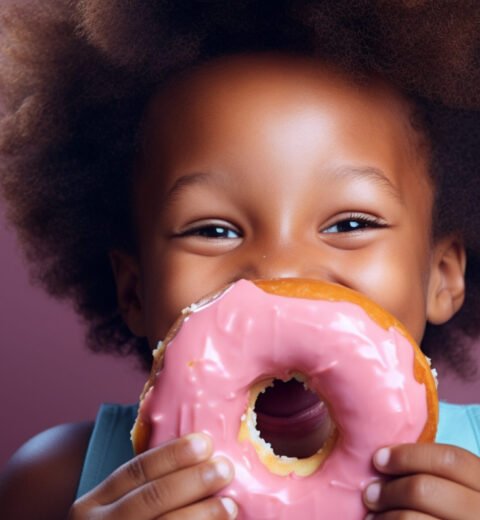Drinking alcohol excessively can cause a variety of health issues. But how does it affect your chances of getting pregnant? In this article, I explore how cutting down on alcohol might boost your fertility.
Does Drinking Alcohol Affect Fertility?
If you’re trying to conceive, alcohol can make it more difficult. You don’t need to drink heavily for this to happen. Ideally, it’s best to avoid alcohol entirely when you’re trying to get pregnant.
Drinking alcohol before pregnancy not only reduces your chances of conceiving but can also increase the risk of having a baby born prematurely or with a low birth weight.
Can I Drink While I’m Pregnant?
If you’re pregnant, the advice on alcohol consumption is straightforward. The UK Department of Health and Social Care recommends completely avoiding alcohol. Drinking in the early stages of pregnancy can increase the risk of miscarriage and lead to various health problems for your baby, such as:
- Low birth weight
- Premature birth
- Fetal Alcohol Spectrum Disorder (FASD), a range of disorders caused by alcohol exposure in the womb
Unfortunately, drinking alcohol during pregnancy also raises the risk of stillbirth. This is why it’s crucial to completely avoid alcohol once you’re pregnant.
Why Might Alcohol Make It Harder to Get Pregnant?
Alcohol can impact fertility in several ways:
- It can disrupt your estrogen levels, which are crucial for reproduction.
- It can affect your ovulation, reducing your chances of getting pregnant.
If you have conditions like polycystic ovary syndrome (PCOS), cutting back on alcohol is especially beneficial. Alcohol can lead to weight gain and affect your blood sugar, both of which may worsen PCOS symptoms. Reducing alcohol intake can help improve fertility, especially if you’re trying to manage PCOS.
Does Alcohol Affect Sperm?
For men, alcohol can lower testosterone levels, a hormone that plays a significant role in sperm production and overall fertility. Lower testosterone can lead to poorer quality and fewer sperm. The good news is that reducing alcohol intake can quickly improve sperm health.
Drinking alcohol in the months leading up to pregnancy can also increase the risk of health issues for your baby. Heavy drinking seems to have more severe effects, but any alcohol consumption during this time poses risks. Both partners should ideally avoid alcohol entirely when trying to conceive, but if you do drink, try to limit your intake as much as possible.
Can Alcohol Affect My Health During Pregnancy?
Your health before and during pregnancy is crucial for your baby’s future wellbeing. Being as healthy as possible before you get pregnant can lower the risk of complications. Alcohol consumption can increase the risk of obesity and high blood pressure, which can make pregnancy more challenging.
If you’re planning to conceive in the next few months, consider making healthier lifestyle choices, such as eating a balanced diet, exercising more, and avoiding alcohol. It’s also a good idea to discuss any ongoing health conditions with your doctor to ensure you’re in the best possible shape for pregnancy.
How Much is Too Much Alcohol?
A drink every now and then for a special occasion likely won’t cause any issues in the run-up to pregnancy. However, once you discover you’re pregnant, it’s crucial to avoid alcohol entirely. If you have concerns about your drinking habits and are planning a pregnancy, it’s a good idea to speak to your doctor. They can offer support and advice on how to manage alcohol use before you become pregnant.
Join Our WhatsApp Channel
Stay updated on the latest UK news, including education, health, job openings, and more for those living in the UK!
Join here: Naija UK Channel
Also, follow us on our social media channels for the latest updates and discussions:
- Twitter: @NaijaUKConnect
- Facebook: Naija UK Connect
- Instagram: @naijaukconnect




